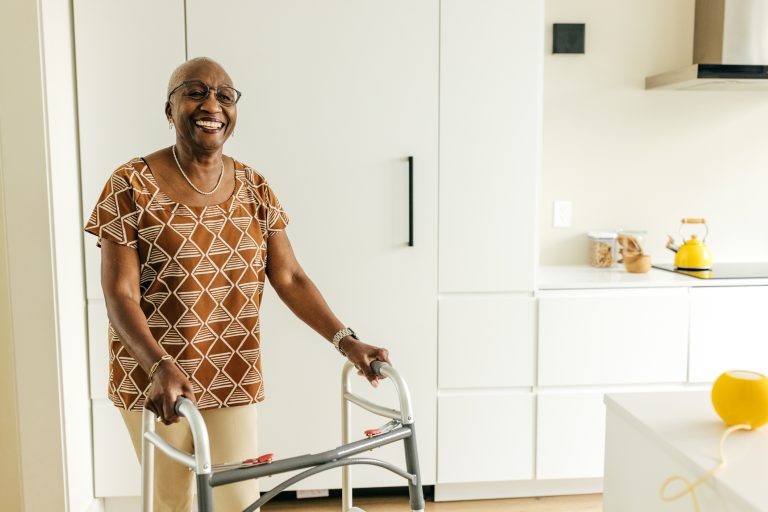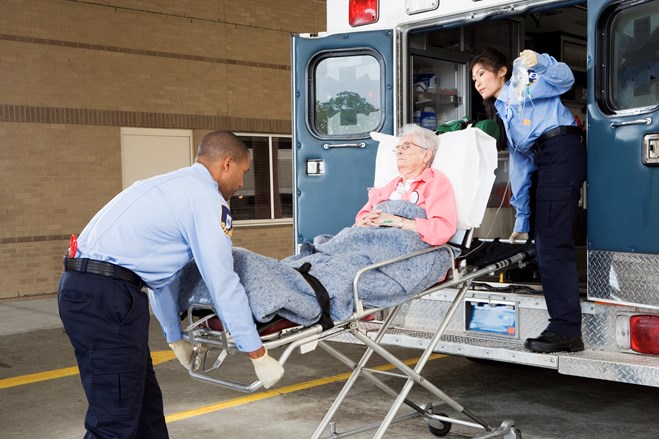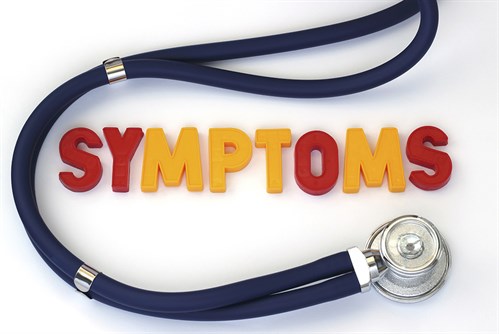Seniors: How to Beat Dehydration this Summer
Staying hydrated is important for everyone, especially seniors! With the summer months upon us and as the days get hotter, not getting enough fluids in your body can cause serious health problems. Older adults, in particular, have a higher risk of suffering from dehydration and should take extra precautions.
Why are Seniors at Higher Risk?
There are a number of reasons seniors are more susceptible to dehydration. As the body ages, it changes. The older population experiences a reduced ability to conserve water and a reduced sense of thirst. Both cause an issue for seniors trying to balance important electrolytes and fluid intake. While the body struggles to conserve water – its ability to acclimate to temperature change decreases. Combining this challenge with a lack of thirst can be extremely dangerous.
Along with the natural aging process of the body, medical conditions can increase the chances of dehydration. Seniors who struggle with cognitive issues or dementia often forget to eat and drink. In later stages of dementia, they often lose the ability to swallow. These conditions make it more difficult to retain fluids and keep the body hydrated. There are other medical conditions and prescription medications that cause frequent urination which can deplete the body of fluid faster.
“Seniors who have different medical issues or are prescribed prescription medications could be at a higher risk of dehydration than others. Be sure to talk to your family doctor and discuss your individual risk for dehydration.”
Because there are several different factors that pose a high risk of dehydration in seniors, it is extremely important to take necessary precautions and to pay close attention to the body. Whether you are looking after yourself or are the caregiver of an aging relative – it is important to watch for warning signs of dehydration and to have clear communication with a doctor to avoid complications.
Symptoms of Dehydration
Since it can be a struggle to balance fluid intake and manage other medical concerns, noticing early signs of dehydration and taking action can reduce the risk of serious medical problems like kidney failure, seizures and heat-related injuries. Some of the more common and noticeable signs of dehydration are dark colored urine, dry mouth, headache, constipation and muscle cramps. More severe indicators include irritability, dizziness, rapid heartbeat, low blood pressure and weak pulse.
If you notice early warning signs of dehydration, try to increase fluid intake. If plain water is refused, there are other options. Fruit-infused waters or diluted juice with 50% water are alternative options. Popsicles, smoothies and soup broths are good options that can help seniors who prefer sweets or meals to drinking fluids. Raw fruits and vegetables have high water content and can serve as healthy snacks that will also improve hydration.
Speaking to your Doctor
When it comes to seniors and dehydration – there are many variables to consider. Seniors who have different medical issues or are prescribed prescription medications could be at a higher risk of dehydration than others. Be sure to talk to your family doctor and discuss your individual risk for dehydration.
If you aren’t sure exactly what to ask your doctor about, here are six questions that can help you get the conversation started and manage hydration in yourself or a loved one more effectively:
1. Do any of my prescribed medications cause symptoms that look like symptoms of dehydration?
2. Are any of my prescribed medications likely to increase the risk of dehydration?
3. Do you have any suggestions to keep hydration and electrolyte levels managed optimally?
4. When would dehydration symptoms require medical attention?
5. Is dehydration an emergency medical need that would require emergency attention?
6. Am I (or my loved one) displaying signs of dehydration currently that should be monitored?
If you have any other concerns regarding hydration maintenance and/or current medical needs and treatment, be sure to speak directly to your primary health care provider.











